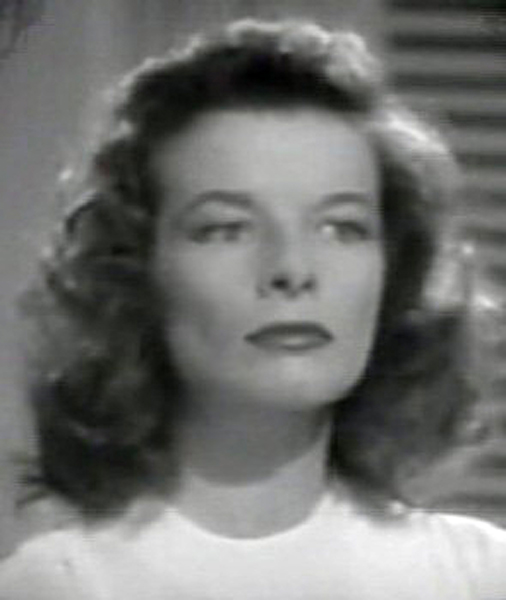 |
Artist Jane Mackay's representation of Tchaikovsky's Romeo and Juliet |
At some age in my youth, probably around fourteen when I first took music appreciation in school, I decided it was cool to hate Tchaikovsky (and Beethoven, Schubert, etc. etc.). I thought that the best music was plainly baroque in origins, with exceptions for Mozart. Formally elegant, intellectual pieces seemed to me far better than music that was overly emotional or “pretty.” I listened to a great deal of Bach.
This is not to say that I shunned everything after Mozart. I had a grudging little love affair with Debussy that I couldn't shake. But for a good fifteen years, that's more or less what I would have said had anyone questioned me on issues of classical music.
But recently, I've begun befriending musicians I once dubbed uncool. Schubert may have been the first because I wanted to listen to some lieder. And then it was the Tchaikovsky. Seriously, can you name another classical musician who's had such a hold on the mental “ear” of the public? (Okay, Beethoven, pipe down.) At least a dozen of his melodies are instantly recognizable to any adult and most children, from the Nutcracker Suite to the Sleeping Beauty Waltz.
This music isn't “just” for ballets and stage-work. It's dreamy, disciplined work that sounds positively opulent to the ear. It's a genuine pleasure to listen to the swelling strings he uses. And really, if I'm going to make any pretensions at all to coolness, I don't want it to be through rejecting something beautiful.

